
Evaluating Open Oil’s Financial Modeling of Guyana’s 2016 PSA – 6
Introduction Today’s column continues with my critiques of Open Oil’s financial modeling exercise of the Guyana 2016 Production Sharing Agreement, PSA.

Introduction Today’s column continues with my critiques of Open Oil’s financial modeling exercise of the Guyana 2016 Production Sharing Agreement, PSA.
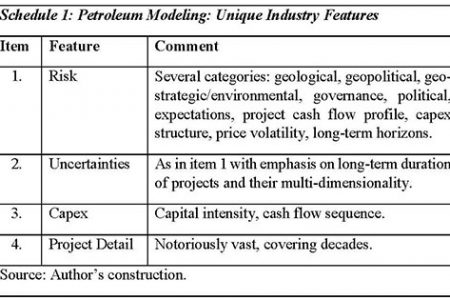
Introduction Today’s column starts with a wrap-up of my response to the letter sent to Stabroek News by the author of Open Oil’s financial modeling exercise of Guyana’s 2016 PSA.

Responding to Open Oil Today’s column addresses the third part of my three-part evaluation of Open Oil’s financial modeling of Guyana’s 2016 PSA.
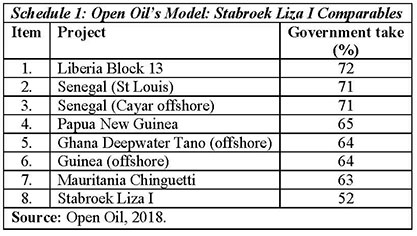
Introduction: Findings Today’s column addresses Part 2 of the proposed three-part evaluation of Open Oil’s financial modelling exercise of Guyana’s 2016 PSA.
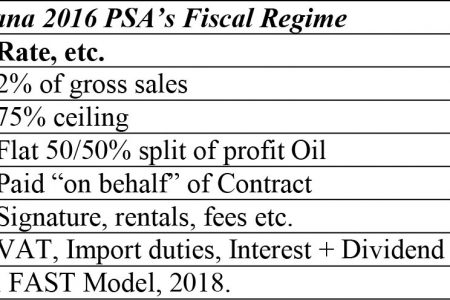
Introduction Within hours of the publication of my last Sunday’s Stabroek column, where I had indicated my intention to write a “three-part review of Open Oil’s reported financial modeling exercise of Guyana’s 2016 PSA”, its Founder and Author of the exercise wrote to the Stabroek News Editor “to correct some inaccuracies” (letter published, Monday, May 7, 2018).
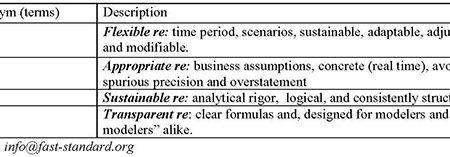
Introduction Since its appearance in mid-March several readers (I suspect largely students) have been urging me to appraise and/ or review the recent financial modeling exercise carried in sections of the media, and which has been conducted by Open Oil, on Guyana’s 2016, production sharing agreement, PSA.
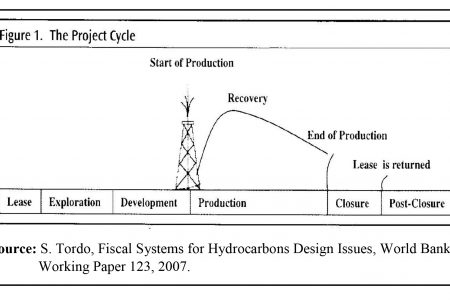
Introduction This week’s column wraps up the ongoing discussion from an economic perspective of the last remaining of the five items, which that I had earlier identified from Guyana’s fiscal regime for its 2016 production sharing agreement, PSA.
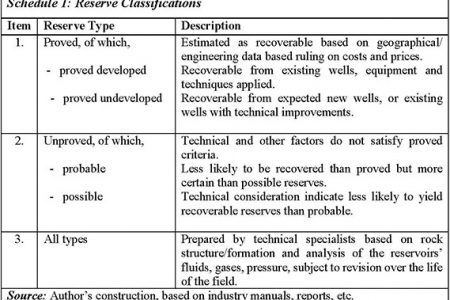
Introduction Last week’s column addressed two of five topics singled out earlier for comment in order to highlight their significance from an economic perspective; namely 1) Government take/developmental benefits/economic profit; and 2) accounting for costs.

Introduction Today’s column along with the next portrays selected aspects of my recent discussion of the fiscal regime in Guyana’s 2016 Production Sharing Agreement (PSA), from the perspective of basic economic principles.

Introduction Today’s column expands on last week’s discussion of the government take, as it relates to Guyana’s 2016, Production Sharing Agreement (PSA).

Rational incentive Based on the economics Nobel Prize winning theory of “incomplete markets”, my previous column posited that, the Parties to Guyana’s 2016 PSA have a rational incentive to re-negotiate the contract, if underlying conditions of the country’s petroleum sector drastically change.
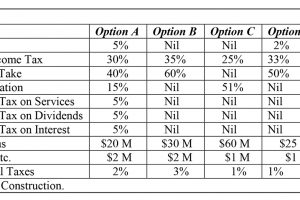
Introduction Last week’s column, sought to reinforce the critical importance of two features of the fiscal regime embedded in Guyana’s 2016 Production Sharing Agreement (PSA).

Introduction Last Sunday’s column introduced two far-reaching observations concerning Guyana’s 2016, Production Sharing Agreement (PSA).

Introduction The observation was made much earlier in the series and repeated for emphasis last week: Guyana’s present petroleum fiscal regime encompasses both 1) its basic constitutional, economic, financial, and accounting legislation, as well as 2) the specific terms and conditions enshrined in the 2016 Production Sharing Agreement (PSA).

Introduction Last week’s column identified several of the ‘known unknowns’, as these are termed in strategic management.

Introduction As far as I can determine, a standard formulation of Guyana’s fiscal regime for its petroleum sector would describe this as ‘The Terms and Conditions that are applied to both the Owner (State) and Contractor (Exxon and its partners) for conducting their business within an integrated framework; from exploration activities, right through the production chain (upstream to downstream), as well as trading’.

Introduction Last week’s column established that the mechanism of ring-fencing for determining recoverable cost is not, unambiguously, to Guyana’s benefit.

Introduction Following on several readers’ queries, perhaps I should indicate that I am by no means singular when treating cost recovery as a central component of the fiscal regime of petroleum producing countries.

Introduction: Catalogue The catalogue of desirable features energy economists promote for effective PSAs are that 1) ownership of the petroleum wealth should remain within the domain of the country in which it is discovered; 2) the State/Principal should maintain managerial control of this wealth, but 3) the Contractor/Agent (in Guyana’s case Exxon and its Partners) should maintain operational control of contract-assigned petroleum activities.

Introduction Last Sunday’s column introduced a simple basic ‘Setting’ (as energy analysts label it) or more commonly, analytical framework drawn from energy economics, under which the Guyana 2016 Production Sharing Agreement (PSA) will be appraised in coming columns.
The ePaper edition, on the Web & in stores for Android, iPhone & iPad.
Included free with your web subscription. Learn more.